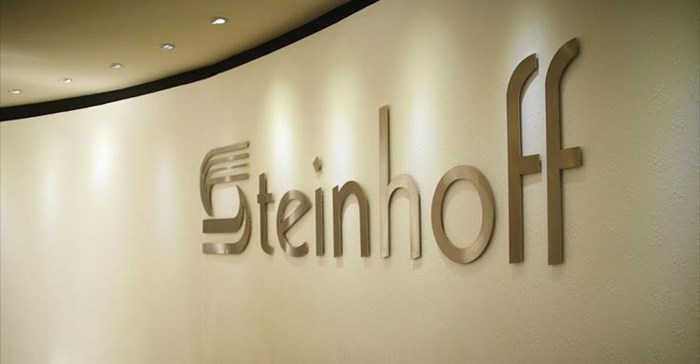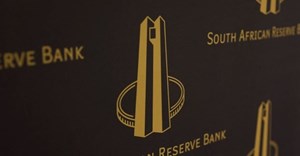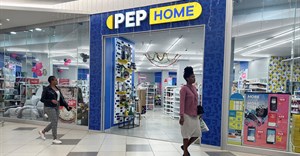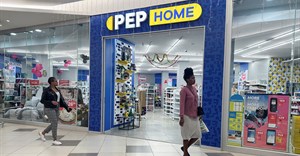
Subscribe & Follow
If convicted, directors could be fined R1m each or be imprisoned for 10 years

The Department of Trade and Industry and the Companies and Intellectual Property Commission said they were working with international law enforcement authorities in a global investigation into the retailer.
The commission's probe follows calls by parliament's standing committee on public accounts on Monday for the Hawks, Sars, the SA Reserve Bank and Independent Regulatory Board of Auditors to investigate Steinhoff's implosion and financial losses.
The commission's senior manager, Lana van Zyl, said it was looking at allegations of accounting fraud. "We are looking into the numerous structures of Steinhoff International which are extensive."
Van Zyl said because Steinhoff was operating both locally and internationally, the investigation would prove tricky. "We know there are cross-directorships between South African and international directors.
"We'll work closely with our international counterparts and law enforcement authorities and the auditors to examine the allegations.
"What action we can take depends on where the alleged fraud occurred and whether any of the company's SA subsidiaries were involved in it or not," she added.
Van Zyl said the implications for Steinhoff, if the allegations were proved to be true, were huge, adding that, depending on what the company's staff were convicted of, there could be a R1-million fine issued or the directors could be imprisoned for up to 10 years.
On Thursday last week Steinhoff, whose shares dropped from R50 to R8.70 a share on Tuesday, reported that R100-billion had disappeared from its European financial books.
Fund managers in South Africa were saying that until Tuesday the numbers on the stock market were looking reasonable. However, not everyone was buying this, with some Steinhoff critics questioning the company's executives' "loose accounting practices" and numerous red flags that were ignored.
Futuregrowth's Andrew Canter said the asset manager stopped lending money to Steinhoff about eight years ago.
He said it avoided Steinhoff for multiple reasons, including its "horrendous complexity involving different brands and companies across different jurisdictions in multiple currencies, along with the never-ending acquisitions that rendered year-on-year analysis difficult and credit ratios unreliable".
"If we can't understand the business why would we lend to it?" asked Canter, a chief investment officer with the asset manager.
Canter said they were wary primarily of the way Steinhoff's managers conducted business.
He said there were enough signs "which evidently some chose to ignore ... From what we know today, Steinhoff's management appears to have been playing fast and loose with the tax laws and accounting practices."
Wits University governance expert Alex van den Heever said one needed to question why some investment and equity loan companies saw the red flags, but others didn't.
Van den Heever said: "That some firms did not pull their funds despite other companies' concerns points to a bit of an 'old boys' club' operation with people just accepting the word of others in the industry."
However, investor Karin Richards, who has looked at Steinhoff's cash flow, said: "There is nothing here for me that says: 'Oh my ... here is a big problem'."
Richards said that, as a former auditor, she had a better idea than the average person on how to "window-dress accounts. The numbers look reasonable."
Fund manager Keith McLachlan said: "Everyone knew it was fraud, after the fact.
"Intuitively, if one ignores the complexity of the Steinhoff business, if it was obviously fraud, not only would the stock market have seen it, but the auditors would have picked up on it long before it even saw the light of day.
"Nothing in the Steinhoff financial statements really screamed fraud or deep obfuscation of the numbers," he added.
"At best, it perhaps looked like a business that was growing a bit too fast. At worst, it showed a business whose fundamentals were not particularly great. Fraud by its very nature is subtle."
Financial analyst Stuart Theobald said one big mistake was that investors trusted Steinhoff main shareholder Cobus Wiese.
"Wiese had a certain halo effect," Theobald said. "People had committed faith in his abilities to manage complexity and stay on the right side of the law, while sometimes going close to the line."
Source: I-Net Bridge

For more than two decades, I-Net Bridge has been one of South Africa’s preferred electronic providers of innovative solutions, data of the highest calibre, reliable platforms and excellent supporting systems. Our products include workstations, web applications and data feeds packaged with in-depth news and powerful analytical tools empowering clients to make meaningful decisions.
We pride ourselves on our wide variety of in-house skills, encompassing multiple platforms and applications. These skills enable us to not only function as a first class facility, but also design, implement and support all our client needs at a level that confirms I-Net Bridge a leader in its field.
Go to: http://www.inet.co.za












